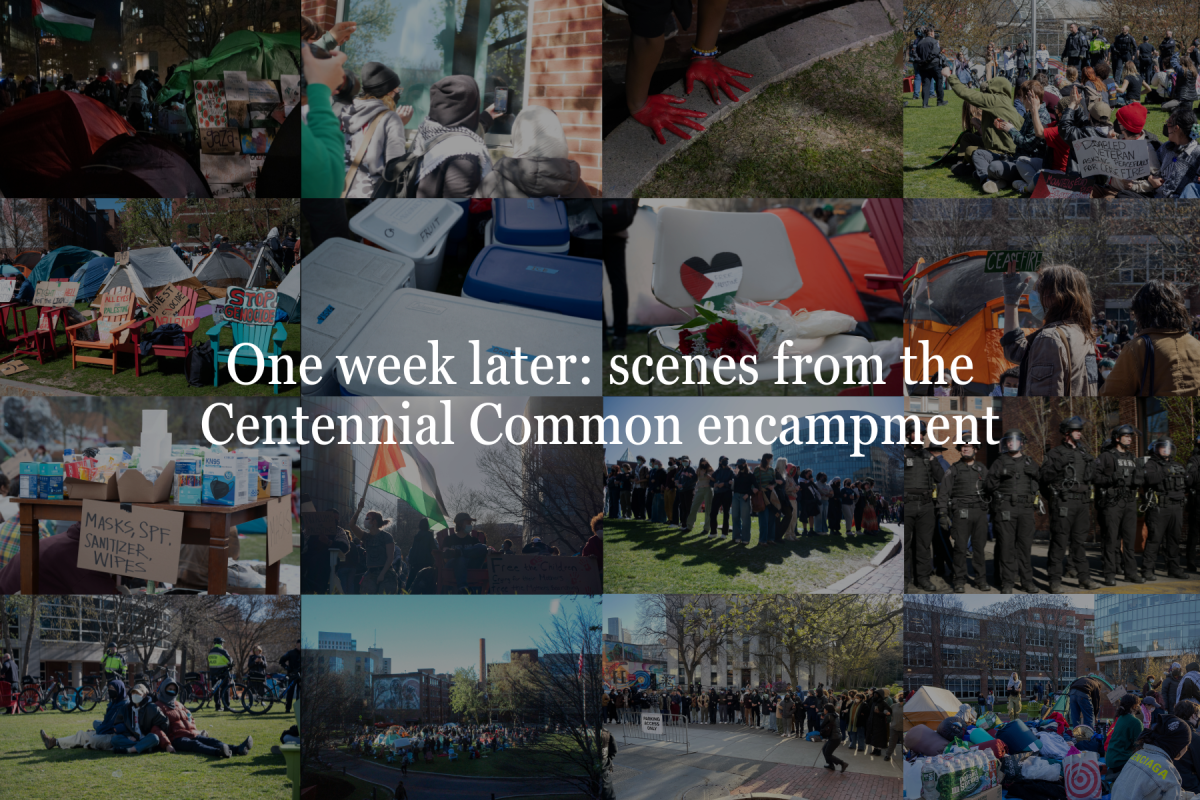By Nicole Haley
Communications professor Richard Katula can barely contain his excitement about leaving Northeastern. Katula does not dislike NU, but when an opportunity to spend his upcoming sabbatical in Athens, Greece came along, he just couldn’t say no.
Katula was recently awarded a Fulbright Scholarship. A specialist in classical rhetoric, he said he has always looked to Ancient Greece and Rome as the two “premier influences on our culture.”
“When our founding fathers looked at Greece and Rome they saw reflections of what they wanted to be and now when Greeks look to America they start to see reflections of what they would like to be,” Katula said.
David Marshall, chair of communication studies, said that although it will be difficult to replace Katula while he is on sabbatical, he feels that the experience will be positive for both Katula and his students.
“The challenges of the Fulbright in Greece will no doubt provide for a renewal of his teaching that will benefit our students when he returns,” Marshall said.
After 30 years of teaching, Katula said that he’s looking at his time in Greece with excitement and hopes to do “something that’s helpful” and looks forward to “giving back” at this time in his career.
“This is the best time of my life right now. It’s almost as if I’ve been planting seeds for 30 years and now they’re starting to take root.”
In 1997 and again in 2001, Katula gave lectures at the University of Athens about political campaign debates and the influence of rhetoric and advertising on politics. Since Greece has been accepted into the European Union, Katula said, the country is trying to become more Western and using more sophisticated forms of political campaign advertising.
In light of the popularity of Katula’s lectures, the university asked him to help them establish a program there. From February to June Katula will be consulting with the university to develop an academic plan for political campaign rhetoric.
“People form judgments about your character and your intelligence from how you speak even though there very well may not be a causal link there,” Katula said while detailing the significance of rhetoric.
Katula recognized some irony in the fact that he is going to Greece to talk about rhetoric as it is used in American politics after having spent most of his career talking about the impact of Ancient Greece on contemporary America, including American political rhetoric.
In a painting on the wall of Katula’s Northeastern office, Pericles addresses the people of Athens in his famous funeral oration given after the first battles of the Peloponnesian War. Many comparisons have been drawn, Katula said, between this speech and Abraham Lincoln’s Gettysburg Address.
“Our oratorical forms like the one that Lincoln used at the Gettysburg Address come directly from the Greeks. You go to Greece and you can’t help but see all the beginnings of the things you see in America,” he said.
Katula said that communication and thinking are two different things. To use an analogy, Katula borrowed Socrates’ comparison of rhetoric to cosmetics. He tells his students that rhetoric is “you at your best” and he encourages them to adopt their own rhetorical sounds.
During his time in Athens, Katula will have two principle goals. He will be “serving as an ambassador of good will” by trying to expose Greeks to the richer aspects of American culture that can benefit their educational system and he also plans to improve his own teaching skills by immersing himself in Greek culture.
“I hope to bring back to students a greater sense of the flavor of Greek culture,” he said.












